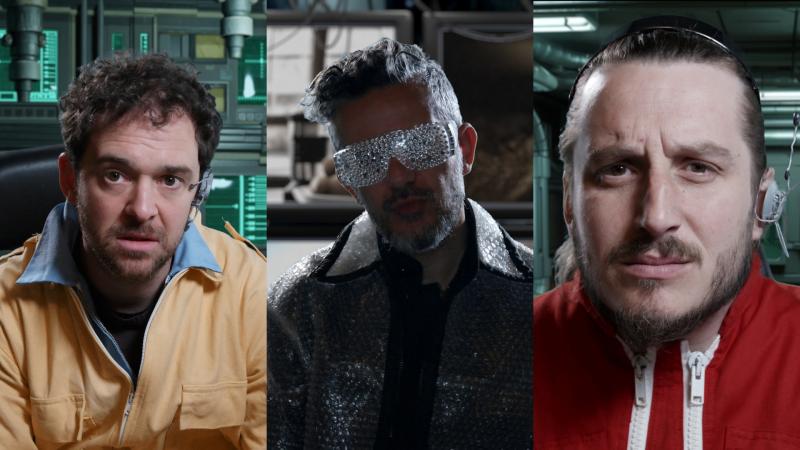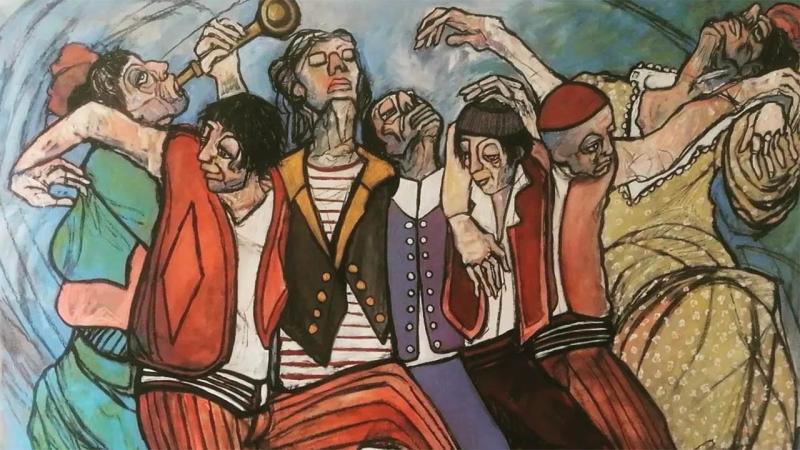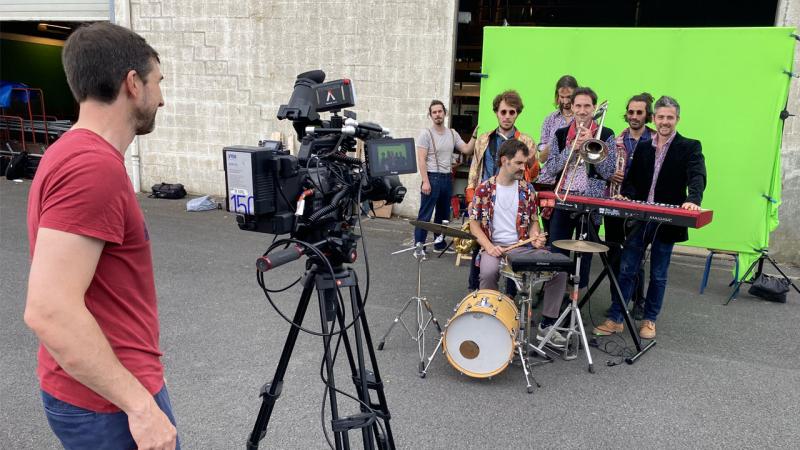I'm starting to think that only presence matters. That there's ultimately no such thing as a good or bad action, a good or bad decision: only good or bad reasons to act.
But first, what does it really mean to "be in the present"?
Physically, of course, we can't be anywhere else. No one has ever set foot in the past or the future. So technically, we're all "in the present." But we can be in the present without being "in the flow" of the present.
Being in the flow of the present is about receiving and allowing oneself to be transformed by what is happening at every moment.
When everything is going well, events, sensations, and thoughts arise, follow their course, and then disappear. This short cycle allows us to be constantly open to what is happening here and now. We can receive the next ray of sunshine, the next idea, or the next conversation because we haven't remained stuck on the previous content. Everything constantly renews itself in interaction with the context.
Yet often, we get stuck.
We "cling" to an idea, a thought, or an anxiety that, consciously or unconsciously, we keep looping. This vortex occupies all mental space: the rays of sunshine and the upcoming conversations are blocked out. The present continues to unfold, but we no longer take it into account; we no longer allow ourselves to be transformed by what is happening. We are "stuck" at the point in the past where the thought we are entertaining was formed.
Buddhists call this attachment.
I am "attached" to mental content like a boat tied to the shore. The result is the same: I am no longer carried by the flow of the current.
Here are a few examples of attachment. One: I must go to a certain place for a certain reason. The journey is merely an unimportant transition between me and my goal. Anything that delays me is an obstacle. I am too attached to the destination to be open to what is happening. Two: I have decided to say a certain thing to a certain person. The conversation is just a necessary step to trigger the reaction I want. I am too attached to the outcome of the exchange to be open to the human being in front of me. Three: I have decided that a certain event must unfold in a certain way. Any deviation from my predictions is a failure. I am too attached to my vision to be open to what is actually happening – including pleasant surprises.
In each case, I prioritize the idea over reality; I am too attached to my mental construct to receive – and therefore, to work with and benefit from – what is actually occurring.
Now, I am coming to believe that nothing is more important than being in this flow of the present. It is surely more important than the action itself.
By this, I mean that it is impossible to judge the quality of an action without real presence. If I am stuck in a mental space that is not updated, all the indicators I look at to make my decisions are outdated. I am reacting to a worldview constructed in the past rather than the one manifesting in front of me.
Conversely, when I am in the flow, there is no need to make a decision. The action, like a reflex, adapts to the situation. There is no longer a good or bad decision. Only action.
So, my role is not to intellectually ponder what should be done or seek the ideal solution. It doesn't exist. My role is to gently untangle each attachment I encounter, one by one. Then, let the current take over.
UPDATE: If you have doubts, here's a nice confirmation by Francis Sanzaro in this New York Times article.







